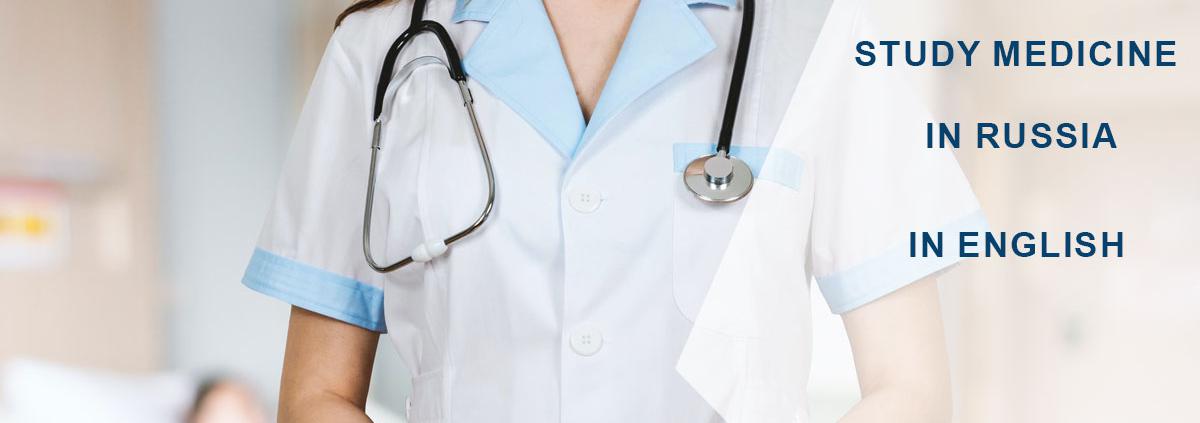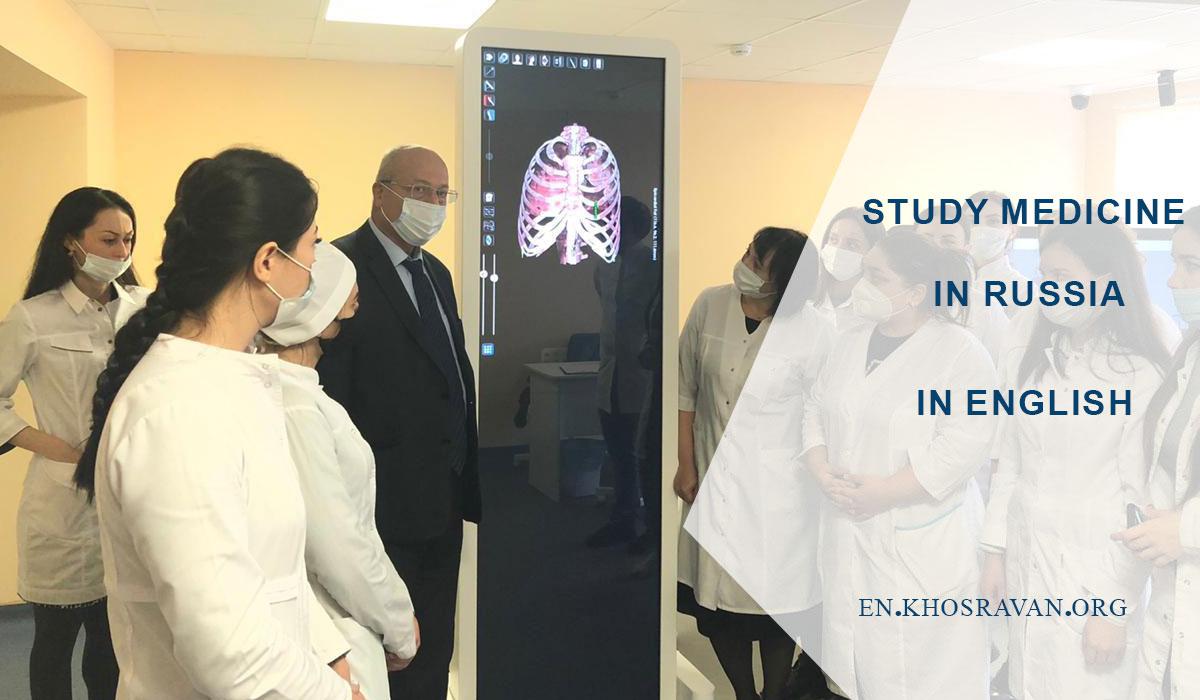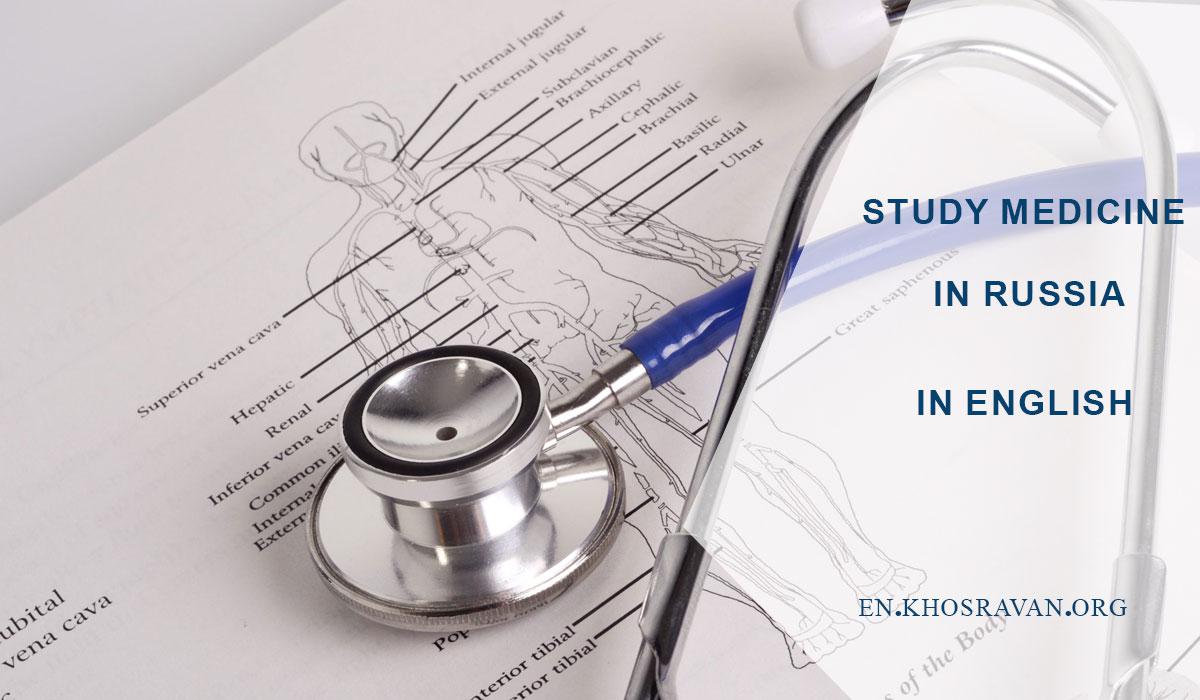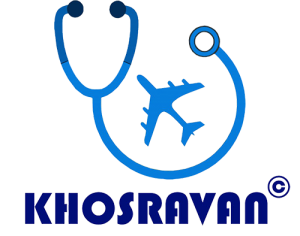
Study Medicine in Russia in English
Discover the benefits of studying medicine in Russia in English, including top medical universities, admission process, living expenses, and post-graduation opportunities. Make your dream of becoming a doctor a reality!
Extended Outline of the Article
- Introduction
- The Appeal of Studying Medicine in Russia 2.1. Economical Tuition Fees 2.2. Exceptional Education Standards 2.3. Global Recognition 2.4. Enriching Cultural Experiences
- English-Language Medical Programs in Russia
- Admission Process for Russian Medical Schools 4.1. Eligibility Criteria 4.2. Required Documentation 4.3. Application Procedure
- Top Medical Universities in Russia 5.1. Moscow State Medical University 5.2. Saint Petersburg State Medical University 5.3. Kazan State Medical University 5.4. Rostov State Medical University 5.5. People’s Friendship University of Russia
- Living and Housing Expenses 6.1. University Dormitories 6.2. Off-Campus Accommodation 6.3. Estimating Monthly Costs
- Student Visa Guidelines
- Prospects after Graduation 8.1. Advanced Studies 8.2. Training and Licensing in Home Country 8.3. Employment Opportunities in Russia and Internationally
- Overcoming Challenges and Useful Advice 9.1. Language Barriers 9.2. Adapting to the Climate 9.3. Efficient Time Management and Planning 9.4. Building Social Connections and Networking
- Conclusion
- FAQs

Study Medicine in Russia in English
A Guide to Pursuing a Medical Degree in Russia in English
Introduction
Russia has become an increasingly popular destination for international students seeking quality medical education at an affordable cost. In recent years, several Russian medical schools have introduced programs taught in English, making them even more attractive to students worldwide. This article will explore the benefits of pursuing a medical degree in Russia, the admission process, the top medical universities, and other essential information. For personalized guidance on immigration to Russia, feel free to contact Khosravan Educational Migration for complimentary advice.
The Appeal of Studying Medicine in Russia
Economical Tuition Fees
A major reason students choose medical education in Russia is the cost advantage compared to countries like the United States, the United Kingdom, and other Western nations. On average, Russian medical schools charge between $3,000 and $6,000 annually, providing a more budget-friendly alternative.
Exceptional Education Standards
Russian medical universities are known for their high-quality education, skilled educators, and state-of-the-art facilities. Recognized by esteemed organizations such as the World Health Organization (WHO) and the Educational Commission for Foreign Medical Graduates (ECFMG), Russian medical universities design their curricula to meet global expectations . This ensures students receive the best possible education.
Global Recognition
A medical degree from a Russian university enables graduates to practice medicine in various countries once they fulfill the respective licensing requirements . This versatility opens up numerous opportunities for graduates to establish their careers worldwide.
Enriching Cultural Experiences
Studying in Russia offers a unique cultural experience, giving students the chance to learn about Russian history, language, and traditions while pursuing their medical education. This exposure helps create well-rounded individuals capable of effectively communicating with people from diverse backgrounds in their future medical practice.
English-Language Medical Programs in Russia
Several Russian universities provide medical programs in English, covering general medicine, dentistry, and pharmacy. These six-year programs cater to international students who prefer studying in English. Such programs attract students from around the world, fostering a multicultural learning environment that enriches the overall educational experience.
Admission Process for Russian Medical Schools
Eligibility Criteria
To qualify for admission to a Russian medical university, applicants must have completed their secondary education with a strong background in science subjects, such as biology, chemistry, and physics. Some universities may also require an entrance examination or an interview to assess the applicant’s aptitude for medical studies.
Required Documentation
International students need to submit the following documents during the application process:
- Application form
- Passport copy
- High school diploma and transcripts
- Medical certificate
- HIV/AIDS test results
- Passport-sized photos
Application Procedure
The application process generally involves the following steps:
- Research and select a medical university.
- Complete and submit the online application form.
- Send the required documents to the university.
- Receive an invitation letter from the university.
- Apply for a student visa.
- Arrive in Russia and start your studies.
Top Medical Universities in Russia
Some of the top medical universities offering English-taught programs in Russia include:
- Moscow State Medical University
- Saint Petersburg State Medical University
- Kazan State Medical University
- Rostov State Medical University
- People’s Friendship University of Russia
These universities boast a long history of excellence in medical education and research, providing students with a world-class learning experience. In addition to the English-taught programs, these universities also offer opportunities for students to learn the Russian language and participate in various extracurricular activities.
Living and Housing Expenses
University Dormitories
International students can opt to stay in university dormitories, which provide a comfortable and affordable living arrangement. Dormitory fees are generally more affordable, ranging from $20 to $50 per month. Staying in a university dormitory also offers the opportunity to interact with fellow students and make new friends.
Off-Campus Accommodation
Alternatively, students can rent private apartments. Private apartments can cost anywhere between $200 and $500 per month, depending on the location and size. This option provides more privacy and independence but may require additional effort in finding suitable accommodation.
Estimating Monthly Costs
Living expenses, including food, transportation, and other necessities, can vary depending on your lifestyle but typically range from $300 to $500 per month. To save on living expenses, students can take advantage of student discounts on public transportation and shop at local markets for groceries.
Student Visa Guidelines
Students must obtain a Russian student visa before their arrival. This process involves submitting the following documents to the nearest Russian consulate or embassy:
- Valid passport
- Completed visa application form
- Passport-sized photos
- Invitation letter from the university
- HIV/AIDS test results
- Visa processing fee
Once the visa is granted, students can travel to Russia and register with the local migration office within seven days of arrival.
Prospects after Graduation
Advanced Studies
After completing their medical education in Russia, graduates have the option to continue their studies by pursuing postgraduate programs, such as specialization courses or research degrees. Russian universities offer a wide range of postgraduate programs, allowing students to further develop their skills and knowledge in their chosen medical field.
Training and Licensing in Home Country
Graduates can also return to their home country to complete further training, such as internships or residency programs, before obtaining a medical license. This may involve passing local licensing exams and fulfilling any other country-specific requirements.
Employment Opportunities in Russia and Internationally
With a Russian medical degree, graduates can seek employment opportunities in Russia or other countries, depending on their career aspirations and the availability of job opportunities. A medical degree from a recognized Russian university can open doors to various healthcare settings, including hospitals, clinics, and research institutions.

Study Medicine in Russia in English
Overcoming Challenges and Useful Advice
Language Barriers
While your medical program may be in English, it’s beneficial to learn Russian to enhance your overall experience and communicate effectively with locals. This can be particularly helpful during clinical rotations, where interaction with patients may require a basic understanding of the Russian language.
Adapting to the Climate
Russia has a cold climate, particularly during winter. Be prepared with appropriate clothing and learn how to cope with the weather. Investing in good-quality winter gear and learning about local practices for staying warm can help you adapt to the cold climate more easily.
Efficient Time Management and Planning
Medical programs can be demanding, so it’s essential to prioritize tasks and balance your studies with leisure activities. Creating a study schedule, setting goals, and staying organized can help you manage your time effectively and reduce stress.
Building Social Connections and Networking
Building connections with fellow students, both local and international, can enhance your study experience and provide valuable support. Joining clubs, participating in extracurricular activities, and attending social events can help you make new friends and expand your network.
Conclusion
Studying medicine in Russia in English offers numerous benefits, including affordable tuition fees, quality education, and international recognition. By understanding the admission process, selecting a top medical university, and being prepared for the challenges, you can make the most of your medical education in Russia. If you need guidance on immigration to Russia, don’t hesitate to contact Khosravan Educational Migration for free advice.
FAQs
- Do I need to know Russian to study medicine in Russia? While some medical programs are taught in English, it’s beneficial to learn Russian to enhance your overall experience and communicate effectively with locals.
- Are Russian medical degrees recognized worldwide? Yes, Russian medical degrees are recognized globally, allowing graduates to practice medicine in various countries after meeting their respective licensing requirements.
- What is the duration of a medical program in Russia? Medical programs in Russia typically last for six years.
- How much does it cost to study medicine in Russia? Tuition fees for studying medicine in Russia range from $3,000 to $6,000 per year.
- What is the visa process for international students? International students must obtain a Russian student visa by submitting the required documents to the nearest Russian consulate or embassy. Once the visa is granted, they can travel to Russia and register with the local migration office within seven days of arrival.
